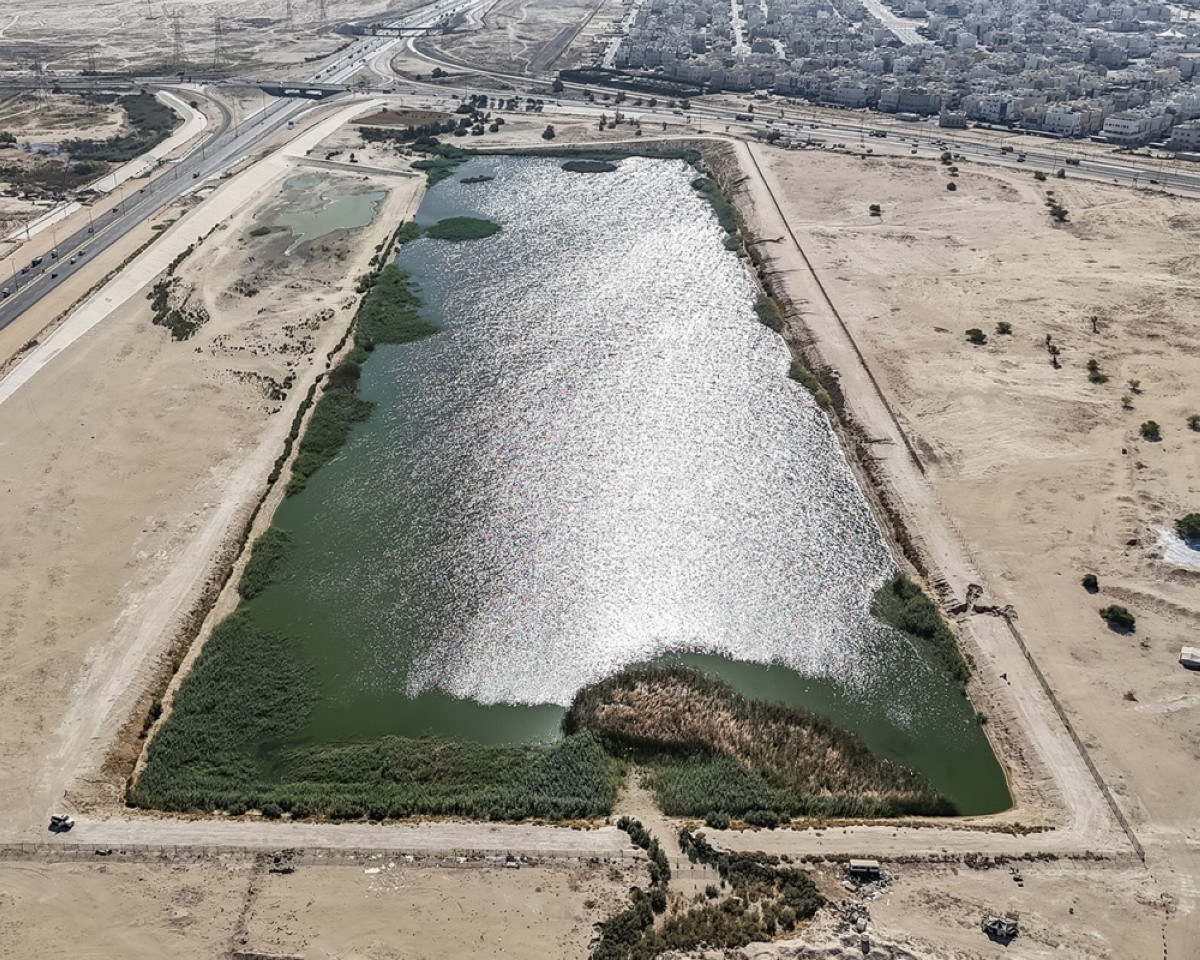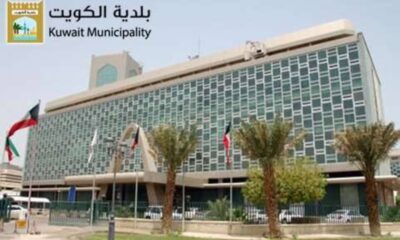KUWAIT: In parts of Kuwait, seasonal rains have transformed barren desert areas into pockets of greenery, showing how rainwater harvesting can help revive fragile desert ecosystems. Along the road from Sulaibiya’s Al-Furda fruit and vegetable market toward Kabd, runoff from heavy rains collected in natural basins, creating temporary wetlands where grass, shrubs and other vegetation have taken root. The transformation has drawn attention to the environmental benefits of managing rainwater, especially in a country where nearly 90 per cent of the land is desert.
Acting Director General of the Environment Public Authority (EPA), Nouf Behbehani, told Kuwait News Agency (KUNA) that the authority is working to protect green areas and vegetation, particularly in zones affected by seasonal rains, through fencing and other conservation measures. “These efforts aim to preserve vegetation cover, prevent overgrazing, and ensure groundwater recharge from rainwater,” Behbehani said. She added that these projects help expand green spaces, conserve soil and improve the use of natural resources.
Behbehani also stressed the importance of harvested rainwater as an alternative water source. “It can support artificial lakes, green zones and other projects that improve local ecosystems while helping to mitigate the effects of climate change,” she said. She said the EPA is planning to boost the country’s environmental initiatives by coordinating with government ministries, Kuwait Municipality and environmental groups under the Kuwait Vision 2035 framework.
Jenan Behzad, Secretary-general of the Kuwait Environment Protection Society, called rainwater harvesting “one of the strategic solutions to address water scarcity in arid and semi-arid regions such as Kuwait.” She highlighted that storing runoff water reduces pressure on drainage systems, supports groundwater recharge and encourages vegetation growth in desertified areas.
Key flood-prone valleys and plains, including Wadi Umm Al-Rimam, Wadi Al-Batin, Al-Dabdaba Plain and Khabrat Al-Julaiah, benefit from seasonal rainfall. In these areas, standing water sustains plants year-round and contributes to forming small but resilient ecosystems.
Field studies have shown that rainwater harvesting increases soil nutrients, including carbon, nitrogen, phosphorus and potassium, and provides stable moisture that supports plant growth even during Kuwait’s hot summers. Experts say expanding rainwater management can reduce reliance on groundwater, slow sand encroachment and improve air quality while helping communities adapt to climate change. — KUNA


















